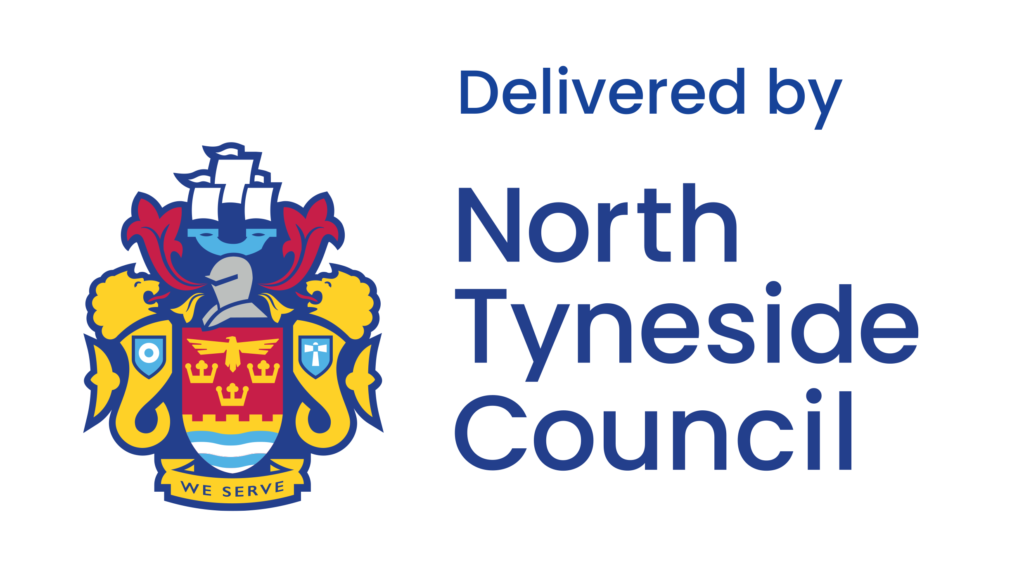Occupational Therapist
Occupational therapists help people who have difficulties caused by physical or mental illness, disability, accidents or ageing.
You’ll spend time with individuals to find out what they usually do in their day to day life and any challenges they face. You’ll then help them find ways to overcome these challenges.
Day-to-day activities
Key responsibilities:
- Helping people to adjust to their disability.
- Teach and help clients to live independently.
- Providing specialist equipment to help with mobility.
- Help clients with mental illnesses do activities they enjoy.
- Supporting people to adapt their home or vehicle to make them more accessible.
- Support clients, their families and carers and keep notes about progress
- Helping people to cope with memory or sensory loss.

Requirements for the role
Skills
What you’ll need:
- Planning and organisational skills.
- Communication skills.
- The ability to form good working relationships.
- Counselling skills including active listening and a non-judgemental approach.
- Sensitivity and understanding.
- To be flexible and open to change.
- The ability to work well with others.
- Excellent verbal communication skills.
- To be able to use a computer and the main software packages competently.
- An enhanced DBS (Disclosure and Barring Service) check would be required.
Qualifications
You may also need:
- A university course.
- An apprenticeship.
- Working towards this role.
- You could do a degree in occupational therapy.
- Each University has different entry requirements for their degrees but you’re likely to need three A-Levels or equivalent level 3 qualifications, and five supporting GCSE’s including English, maths and science.
- To practice as an occupational therapist, you’ll need a degree in occupational therapy that’s been approved by the Health and Care Professions Council (HCPC), and be registered with the HCPC.
- Your employer might ask that you have qualifications in English and number skills. It might also be helpful to have a social care qualification such as a Level 2 or 3 Diploma in Health and Social Care.
- You could start working as an occupational therapy support worker who works with an occupational therapist to give people practical support. You don’t necessarily need any qualifications to do this role.
- It might also be useful to have experience working in a social care or health role on your University application. You could gain this experience through a work placement, from your personal life, through volunteering or as part of an apprenticeship.
Training & Progression
You can also benefit from:
- specialise in an area such as elderly care or services for children
- go into private practice, education or research
- do further training and move into more senior or management roles
- work overseas
- You might also choose to go into other social care roles such as a rehabilitation worker, manager or commissioner.
There may be opportunities to progress into senior occupational therapy roles and supervise others or work in different services with different people. If you already have an undergraduate degree you could do a postgraduate diploma or masters in occupational therapy to develop your knowledge.
View our career pathways tool to help guide you with your future in social care.
Browse our learning opportunities page to help get the support you are looking for.

